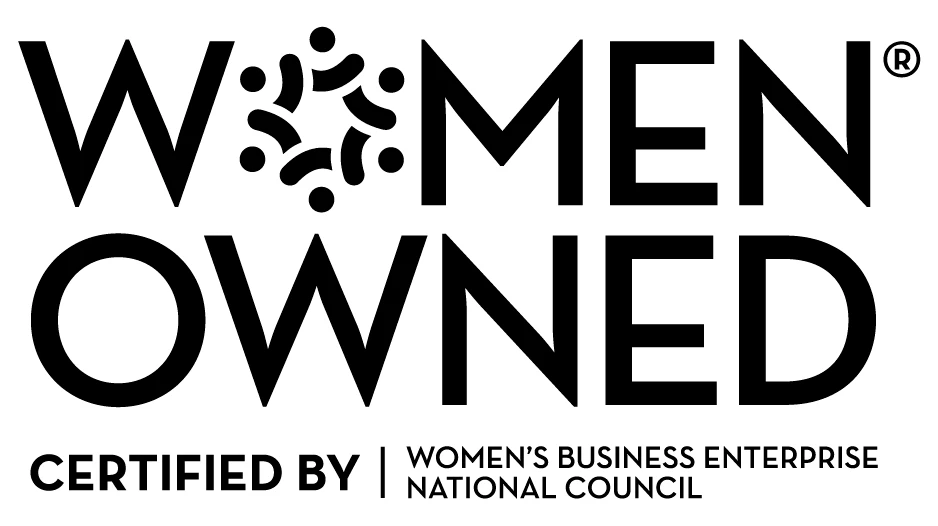How Does Outsourcing Affect the Role of Human Resource Professionals?

Outsourcing has become a cornerstone strategy for businesses seeking to streamline operations, reduce costs, and access specialized expertise. However, as organizations outsource tasks traditionally handled in-house, the role of human resource (HR) professionals is being redefined. From managing outsourced HR functions to aligning workforce strategies with outsourced teams, HR professionals must adapt to ensure seamless integration, maintain organizational culture, and uphold compliance.
In this article, we will explore how outsourcing affects the role of HR professionals, the benefits and challenges it presents, and strategies for navigating these changes effectively.
"Outsourcing transforms HR professionals from task managers to strategic leaders—freeing them to focus on culture, talent development, and aligning people strategies with business goals."
Richard Branson
What is Outsourcing in HR?
Outsourcing in HR involves delegating specific human resource functions to external service providers or agencies that specialize in managing key tasks such as recruitment, payroll management, training, and compliance. This approach allows organizations to concentrate on their core business goals while benefiting from the expertise and efficiency of third-party professionals. HR outsourcing can take several forms: partial outsourcing focuses on specific tasks like payroll or recruitment; comprehensive outsourcing involves handing over the entire HR function, including strategic planning; and global outsourcing is used by multinational companies to ensure consistent HR practices and compliance across different regions.
Core Functions Outsourced in HR
Certain HR consulting services are frequently outsourced due to their repetitive, time-consuming, or highly specialized nature. Recruitment and staffing are among the most commonly outsourced areas, with external partners handling candidate sourcing, screening, and employment branding. Payroll and benefits administration is also widely delegated, as it involves managing salaries, tax compliance, and employee perks such as insurance and retirement plans. These functions require accuracy, regulatory knowledge, and efficient systems—making them ideal for outsourcing to experienced providers.
Training and development is another key area often managed externally, with companies leveraging e-learning platforms or outside trainers for onboarding, skill-building, and leadership development programs. Compliance and risk management, including adherence to labor laws and data protection, are critical tasks that outsourcing providers are well-equipped to handle. Additionally, employee relations functions such as grievance resolution and legal support are outsourced to ensure fair, professional, and unbiased handling of sensitive workplace issues.
How Outsourcing Transforms the Role of HR Professionals
The shift to outsourcing transforms HR professionals from operational executors to strategic leaders. With routine tasks like payroll, recruitment, and training handled externally, internal HR teams can concentrate on broader responsibilities such as talent strategy, organizational development, and workforce planning. This change empowers HR to contribute more directly to long-term business goals.
A key part of this evolving role is vendor management. HR professionals are now responsible for selecting the right outsourcing partners, managing relationships, and ensuring service quality. They must regularly evaluate provider performance and ensure that outsourced services align with company values and expectations.
Additionally, outsourcing provides access to advanced analytics and reporting tools. HR professionals interpret this data to inform decisions on hiring, employee engagement, and productivity. At the same time, they remain custodians of organizational culture, ensuring outsourced practices reflect internal values, while also overseeing compliance and risk management to uphold ethical and legal standards.
Challenges HR Professionals Face Due to Outsourcing
While outsourcing offers numerous advantages, it also presents unique challenges for HR professionals that require careful management. One key concern is the potential loss of control, as delegating tasks to external providers can reduce direct oversight of HR processes. There’s also the risk of misalignment, where outsourcing partners may not fully grasp the organization’s culture, values, or strategic goals. Communication gaps can arise, especially when providers operate in different time zones, impacting collaboration and responsiveness. Additionally, sharing sensitive employee data externally introduces security and privacy risks, raising concerns about compliance with data protection regulations. Finally, employees may resist the transition, fearing job loss or feeling dissatisfied with outsourced HR services, which can affect morale and engagement.

Benefits of HR Outsourcing
-
Cost Efficiency Outsourcing reduces the need for in-house systems and staff, lowering operational costs while maintaining high-quality HR service delivery across essential functions.
-
Expert Access Specialized providers offer expertise in compliance, training, and recruitment, enhancing HR outcomes through tailored support and up-to-date best practices.
-
Flexible Scalability Organizations can quickly scale HR services to match business growth, seasonal demand, or restructuring, ensuring agility without the burden of overhead.
-
Tech Integration Outsourcing partners provide access to advanced HR platforms and tools, streamlining processes and enabling innovation without major investments.
Also Read: Which softwares do HR use?
Impact of Outsourcing on Organizational Culture
Outsourcing can have a notable impact on organizational culture, both positively and negatively. If HR processes feel impersonal or overly transactional, employees may perceive a diminished sense of value, potentially affecting morale and trust in leadership. Additionally, external providers may not fully grasp the nuances of an organization’s culture, leading to inconsistencies in communication and employee experience. However, outsourcing also offers the opportunity to bring in fresh ideas and global best practices, which can spark innovation and contribute to a more dynamic and forward-thinking workplace culture.
Key Skills HR Professionals Need in an Outsourced Environment
To thrive in a workplace shaped by outsourcing, HR professionals must cultivate a range of essential skills. Vendor management is crucial, involving the ability to evaluate, negotiate, and maintain productive relationships with outsourcing partners. Strategic thinking becomes a core competency, as HR shifts focus from daily operations to long-term organizational goals. Data literacy is also key, enabling professionals to interpret and act on insights provided by outsourcing providers. Cultural sensitivity ensures that external teams align with the company’s values and maintain a consistent employee experience. Lastly, strong communication and collaboration skills are vital for seamless coordination between in-house and outsourced teams, fostering efficiency and alignment.
Strategies for HR Professionals to Thrive Amid Outsourcing
To maximize the benefits of HR outsourcing, it’s essential to follow best practices that ensure alignment, efficiency, and employee satisfaction. Start by choosing the right partner—conduct thorough research to select providers with a proven track record and values that match your organization’s culture. Establish clear expectations through detailed service-level agreements (SLAs) that outline roles, responsibilities, and performance benchmarks. Continuously monitor and evaluate the provider’s performance, offering feedback to drive improvement. Foster collaboration by maintaining open communication channels and creating structured workflows that support seamless coordination between internal and external teams. Finally, maintain employee engagement by ensuring that outsourced processes remain personalized and transparent, helping employees feel valued and connected to the organization.

Future Trends in HR Outsourcing
The future of HR outsourcing is being shaped by several key trends that reflect the evolving needs of modern workplaces. AI-driven HR outsourcing will automate repetitive tasks and enhance decision-making, allowing providers to deliver faster, more accurate services. Cloud-based HR solutions will support real-time collaboration between internal teams and external partners, improving efficiency and transparency. There will also be a stronger focus on employee experience, with outsourcing providers offering personalized learning opportunities and digital engagement tools. As regulatory landscapes grow more complex, organizations will increasingly outsource compliance and risk management to specialized experts. Additionally, niche HR outsourcing—especially in areas like DEI and mental health support—will see rising demand as companies prioritize inclusive, holistic employee well-being.
Conclusion
Outsourcing significantly impacts the Impact of HR Outsourcing by shifting their focus from transactional tasks to strategic management. While it brings benefits such as cost efficiency, scalability, and access to expertise, it also presents challenges like communication gaps and cultural misalignment. HR professionals must adapt by mastering skills in vendor management, data analysis, and collaboration.
By embracing these changes and leveraging outsourcing effectively, HR professionals can play a pivotal role in ensuring organizational success in a rapidly evolving business landscape. As outsourcing trends continue to evolve, HR professionals who remain adaptable and strategic will thrive in their roles, helping organizations achieve their goals while maintaining a human-centered approach to workforce management.






